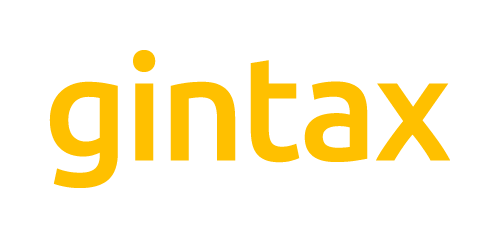Start Up Relief for Entrepreneurs SURE is a tax refund scheme for individuals who leave an employment and set up their own Startup. A Founder can receive a refund of up to 41% (being top Irish tax rate) of capital invested in a new venture via a repayment of Irish payroll taxes. You can go back 6 years to reclaim the tax.
Generally all Founders incur costs out of their own pocket at inception of a business and thus the possibility of a claim should be explored.
This relief is under publicized and there has been much lobbying for Revenue to promote it more. Its application can be very wide – to illustrate, it can potentially apply to a hairdresser setting their own salon, scientists developing a medtech solution or a builder starting their own construction company.
There are conditions and exclusions. Here is what you need to know to begin:
The refund is broadly available for investments over a two year period in the initial start-up phase – any further cash put in after that would not qualify for relief. The total relief available is capped at €700k investment.
The investment must be used by the Startup for its trade and in order to contribute directly to the creation or maintenance of employment. It is likely that costs such as buying IT equipment, marketing, wages for part/full time or contract staff, rents should qualify. Intention surrounding employment should be evident. Technically, the investment could also be used to pay reasonable Founder wages – but that corresponding salary would be taxable so only a limited cash benefit would be available in that instance. For example, relief could be claimed at a 40% rate but a modest salary taxable at 20% be paid.
At date of investment or shortly after the Founder must commence full time employment with the Startup and this must last for at least 12 months. The individual can retain an existing employment but just for up to 10 hours per week (no cap on salary here).
Companies that have not commenced to trade may still qualify for the refund if they carry out certain Research & Development and Innovation activity; this is broad enough and gives much needed flexibility to persons in those industries with long lead time to monetization.
From a practical level, there is some leeway in time between incorporating the new startup company, making the cash investment and starting full time employment - the real jump-off point! Generally the initial cash investment needs to be made within 2 years of incorporation and a Founder has 6-12 months after that cash investment to start full time employment with the Startup.
While most trading activities will qualify; there are some exceptions, such as financing activities, share/financial dealings, developing land and specified professional services such as accountants or solicitors. Generally trades in the STEM sphere should all qualify. Hospitality trades should also qualify.
The trade must be completely new and must not have been carried on elsewhere – say, even initially in the Founder’s own name. It can be common for business owners to just start as sole trader, with the intention of setting up company when more established. Unfortunately, that will usually prevent a SURE claim. So you need to consider this early.
For the period prior to the investment and on that date, the Founder cannot have a held a 15%+ investment in shares or loans of any other company. There are some limited exceptions.
If the Startup investment qualifies for the relief, details will be ultimately published on the Irish Revenue website.
A formal Business Plan will need to be prepared to a specific format. Apart from this, the administration is relatively light – two short forms need to be submitted to Irish Revenue. The crucial part will be ensuring the conditions, especially around timing of investments, are satisfied.
The above is an overview only to assist in determining if an investment by a Founder potentially qualifies. More detail is available on Revenue website and indeed the law (Part 16, Taxes Consolidation Act 1997 contains the full conditions).
Next phases in investments / Funding
The next phase of growth is generally facilitated by investment money from Friends and Family. A tax relief known as SCI for their investment may be available for those individuals. The new investors can shelter current year income with the investment, or carry it forward – capped at €100,000 per year. The criteria here are a bit tighter and there are actual employment metrics to meet.
There are lots of other conditions and specialist advice should be obtained if considering availing of either of these reliefs.
For additional funding rounds, the other tax efficient scheme for Investors is the Employment and Investment Incentive (EII) which targets third party investors. This should be considered along with other standard funding structures as it may not suit the company or indeed the investors.



